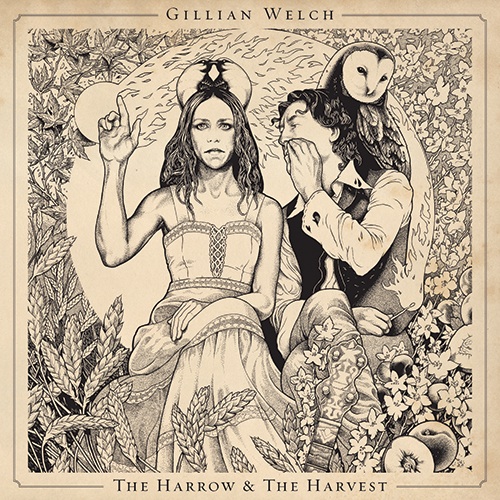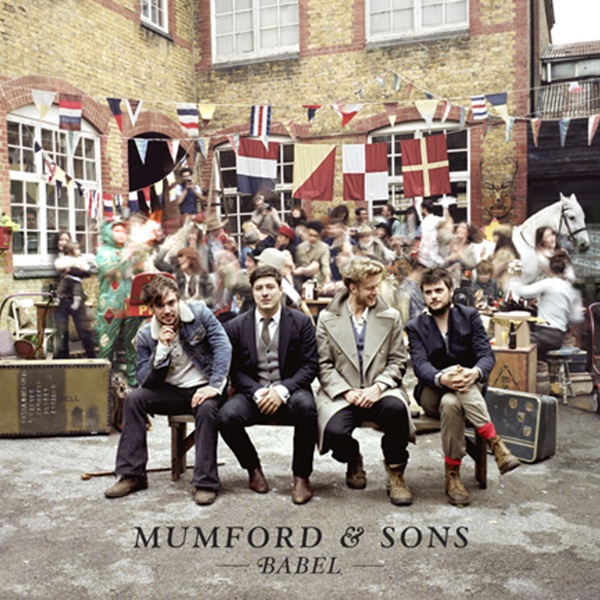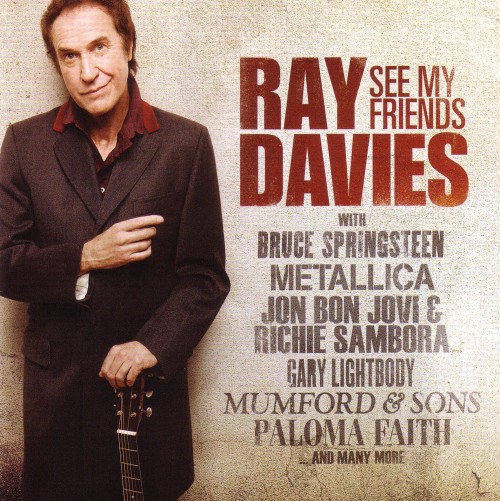Videos by American Songwriter
Gillian Welch
The Harrow & The Harvest
(Acony)
[Rating: 4 stars]
It wasn’t hard to be skeptical of Gillian Welch in the 1990s, when she entered a crowded field of female Americana singers with distinctive voices and intensely confessional lyrics. Emmylou Harris released her comeback, Wrecking Ball, 1996, a year before Welch’s debut album, and Lucinda Williams finally finished her long-awaited opus Car Wheels on a Gravel Road in 1998. Iris DeMent was still on a run of grittily emotional albums, and Louisville’s Freakwater were pacing the margins and delivering stark ruminations in high-flying harmonies.
In their midst, Welch stood out as suspect, thanks to geography (she hailed from Los Angeles instead of the South), parentage (her mother and father wrote music for The Carol Burnett Show), and education (she matriculated at Berklee College of Music). Even though she often sang in first person, Welch’s songs were less about her than about characters from other times and places, orphan girls and morphine addicts and mountain hermits. There was a sense that she was play acting, that her songs were merely scripts—Hollywood period pieces—which seemed antithetical to a genre that prized down-home authenticity. Or at least the appearance of it.
In retrospect, such skepticism was unwarranted. Los Angeles has a rich history in country music, with swing bands and troubadours migrating west during the Great Depression. The Carol Burnett Show is really, really funny. And traditional American music has always given its artists the opportunity to depict the world from perspectives other than that of a professional singer-songwriter. Nearly fifteen years after her debut, Welch has creatively and professionally outlived many of her contemporaries, and has had a decidedly powerful impact on a new generation of Americana musicians. Groups like Old Crow Medicine Show and the Decemberists have adopted not only her third-party approach to old sounds and songs, but also her old-timey look. Even without her appearance on the groundbreaking O Brother Where Art Thou? soundtrack, she may be one of the most influential roots artists of the 2000s, despite sitting out most of the decade.
The Harrow & the Harvest, her first album in eight long years, is perfectly timed to coincide with the tenth anniversary of O Brother and the success of such acts as the Civil Wars and Mumford & Sons, who owe her a considerable debt. Retreating from the full-band sound of 2003’s Soul Journey, these new songs are defiantly spare and spectral, featuring mostly the dueling guitars and voices of Welch and longtime partner Dave Rawlings. Their playing sounds tighter and more intuitive than ever, opening up songs like “Down Along the Dixie Line” and “The Way It Will Be” and setting their elegant guitar lines—picked more often than strummed—at eloquently cross purposes.
Sonically, this modest accompaniment is designed to evoke not the dusty, distant past nor the immediate present, but something in between, some half-imagined or -remembered moment and place. There’s no cheap nostalgia or easy sincerity, which wrecks most of Welch’s acolytes, namely Mumford & Sons. In fact, when the music becomes more prominent, the album veers toward country kitsch. Banjo, handclaps, and harmonica almost drive “Six White Horses” into the ditch of pastiche, but Welch wisely follows it with the peaceful, easy “Hard Times,” about a man and his trusty mule. “Hard times ain’t gonna rule my mind no more,” she and Rawlings sing delicately together, righting the album and setting up an easygoing, yet quietly affecting finale.
Welch has always been a strong character songwriter, inhabiting her songs almost as a means of absenting herself, but the details in these songs feel studied, purposeful, and specific to her cast of hard-luck wanderers and outcasts. “Tennessee” is a full Southern gothic novel compressed into six minutes, beginning with the narrator’s expulsion from Sunday School and ending with “sweet heaven when I die.” In between there’s so much understated lust: “I had no desire to be a child of sin,” she sings, “Then you went an pressed your whiskers to my cheek.”
It’s a rich portrait, full of unexpected imagery and odd turns of phrase, which means that even though Welch has sung about drunks and prodigals so many times in the past, the songs on The Harrow & The Harvest sound both pleasingly familiar and starkly new, as if her unique vision of Americana contains an inexhaustible cast of eccentrics and an unending narrative from which she can harvest the most harrowing arcs.













Leave a Reply
Only members can comment. Become a member. Already a member? Log in.